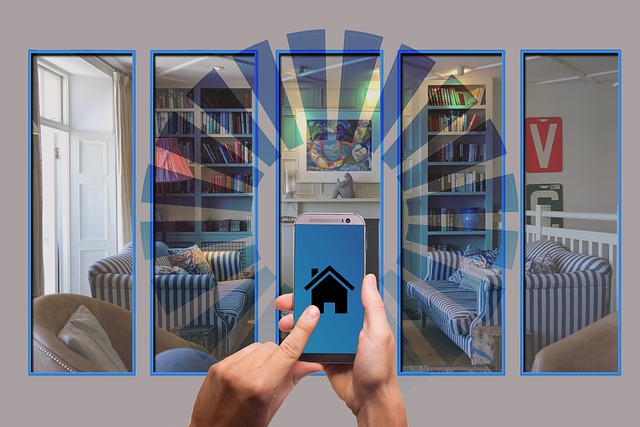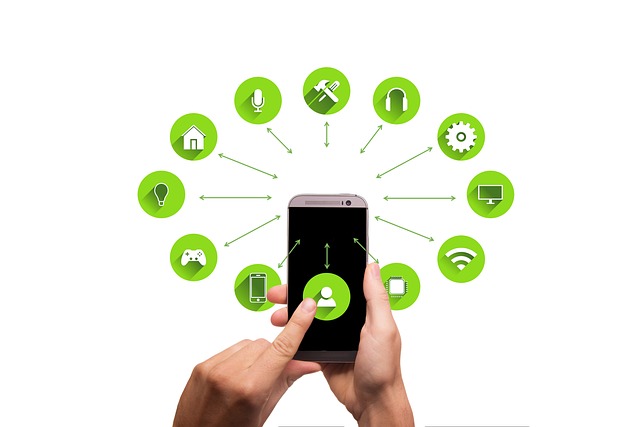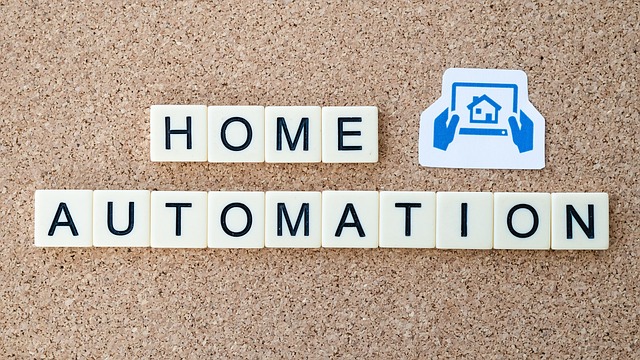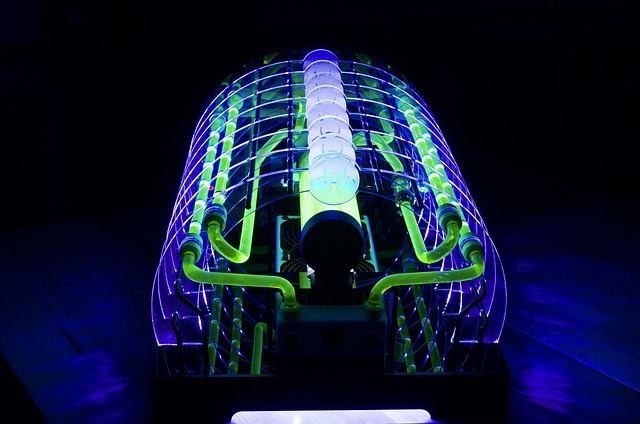The future of home security is shaped by the rapid adoption of innovative technologies. Emerging methods, including biometric access control, AI-driven threat detection, IoT connectivity, and sustainable practices, offer unprecedented accessibility and efficiency. Virtual Reality (VR) training enhances security personnel preparedness. These advancements aim to provide real-time monitoring, instant alerts, remote access, and tailored protection, revolutionizing peace of mind and safety for homeowners while addressing growing digital vulnerabilities.
The future of home security is here. As technology continues to advance at a rapid pace, innovative security technologies are reshaping how we protect our homes. From smart home security systems that learn your habits to biometric access control methods going beyond fingerprints, the landscape of emerging home protection is evolving quickly. This article explores cutting-edge security solutions, including AI-powered surveillance, IoT devices, sustainable integrated protection, and virtual reality training, highlighting the latest advancements in future security trends.
- Smart Home Security Systems: The New Norm
- Biometric Access Control: Beyond Fingerprints
- AI-Powered Surveillance and Threat Detection
- Internet of Things (IoT) Devices: Opportunities and Risks
- Sustainable and Integrated Home Protection
- Virtual Reality for Security Training and Response
Smart Home Security Systems: The New Norm

The future of home security is evolving rapidly with the integration of innovative security technologies into smart homes. Emerging home protection methods are transforming the way we safeguard our living spaces, making traditional security systems a thing of the past. Security technology advancements offer cutting-edge security solutions that are more accessible, efficient, and comprehensive than ever before.
Future security trends in home security focus on interconnected devices, advanced automation, and artificial intelligence. These smart home security systems provide real-time monitoring, instant alerts, and remote access through user-friendly apps. With these technologies, homeowners can protect their properties from anywhere, ensuring peace of mind and enhanced safety.
Biometric Access Control: Beyond Fingerprints

As we move into a future focused on smart homes and connected devices, biometric access control is evolving beyond traditional fingerprints. Innovations such as facial recognition, iris scanning, and even voice identification are transforming how we secure our living spaces. These cutting-edge security solutions offer unparalleled precision and speed, ensuring only authorized individuals gain entry while simultaneously enhancing privacy and peace of mind for homeowners.
Emerging home protection technologies are not only more sophisticated but also more convenient. Systems can now learn and adapt to recognize familiar faces and voices, automatically granting access during specific times or under defined conditions. This shift towards advanced security technology advancements promises a future where home security is seamless, responsive, and tailored to individual needs, setting new standards for residential protection.
AI-Powered Surveillance and Threat Detection

The future of home security is being shaped by artificial intelligence (AI), which promises to revolutionize how we protect our living spaces. AI-powered surveillance systems are emerging as innovative security technologies, offering advanced threat detection capabilities. These cutting-edge solutions can analyze vast amounts of data from various sensors and cameras in real time, identifying potential risks with remarkable accuracy.
With continuous learning and adaptation, AI algorithms can recognize familiar patterns and detect anomalies, such as unusual movements or unfamiliar faces. This technology advancement enables homeowners to benefit from proactive security measures, ensuring rapid response to threats and enhancing overall peace of mind. As security technology advancements continue to progress, we can expect even smarter and more efficient home protection systems in the coming years.
Internet of Things (IoT) Devices: Opportunities and Risks

The Internet of Things (IoT) is poised to revolutionize future home security by enhancing both convenience and protection. IoT devices, such as smart locks, cameras, and sensors, offer unprecedented opportunities for remote monitoring and control of homes. These innovative security technologies allow homeowners to stay connected 24/7, receive instant alerts about potential intruders, and even automate security routines based on real-time data. For instance, a smart thermostat can adjust temperatures in response to occupancy, while motion sensors can trigger lights and cameras upon detection of unusual activity.
However, the widespread adoption of IoT also presents significant risks. As more devices become connected to the internet, so does the potential attack surface for hackers. Security technology advancements must keep pace with this growing connectivity to protect sensitive data and prevent unauthorized access. Homeowners should be vigilant about choosing secure devices from reputable manufacturers, regularly updating firmware, and implementing robust encryption protocols. Balancing the benefits of IoT with stringent security measures is crucial for embracing emerging home protection while safeguarding personal information in the future security trends landscape.
Sustainable and Integrated Home Protection

As we move into a future focused on sustainability and smart homes, emerging home protection technologies are leading the way in innovative security solutions. The integration of advanced systems is set to redefine how we safeguard our living spaces. Future home security trends showcase a seamless blend of environmental consciousness and cutting-edge technology, offering more than just protection—a holistic approach to home safety.
Sustainable security measures, such as smart energy management and automated lighting controls, not only reduce environmental impact but also enhance overall home efficiency. These integrated systems adapt to resident habits, minimizing energy usage when not needed. With the advancement in security technology, homes will become intelligent fortresses, utilizing AI and machine learning to anticipate and respond to potential threats, ensuring a safer environment for inhabitants while promoting eco-friendly practices.
Virtual Reality for Security Training and Response

As we look ahead to the future of home security, innovative technologies are poised to revolutionize how we protect our spaces. One such game-changer is the integration of Virtual Reality (VR) in security training and response protocols. This cutting-edge approach offers an immersive experience that prepares security personnel for a wide range of scenarios without the risks associated with real-world training. VR allows professionals to simulate complex situations, from dealing with active shooters to responding to smart home hacks, all within a controlled environment.
By utilizing VR, emerging home protection methods can enhance situational awareness and decision-making skills. The technology provides an opportunity for repeated practice and debriefing, ensuring that security teams are well-equipped to handle future threats. As security technology advancements continue to shape the future home security landscape, innovative solutions like VR training will play a pivotal role in fostering safer and more secure living environments.






